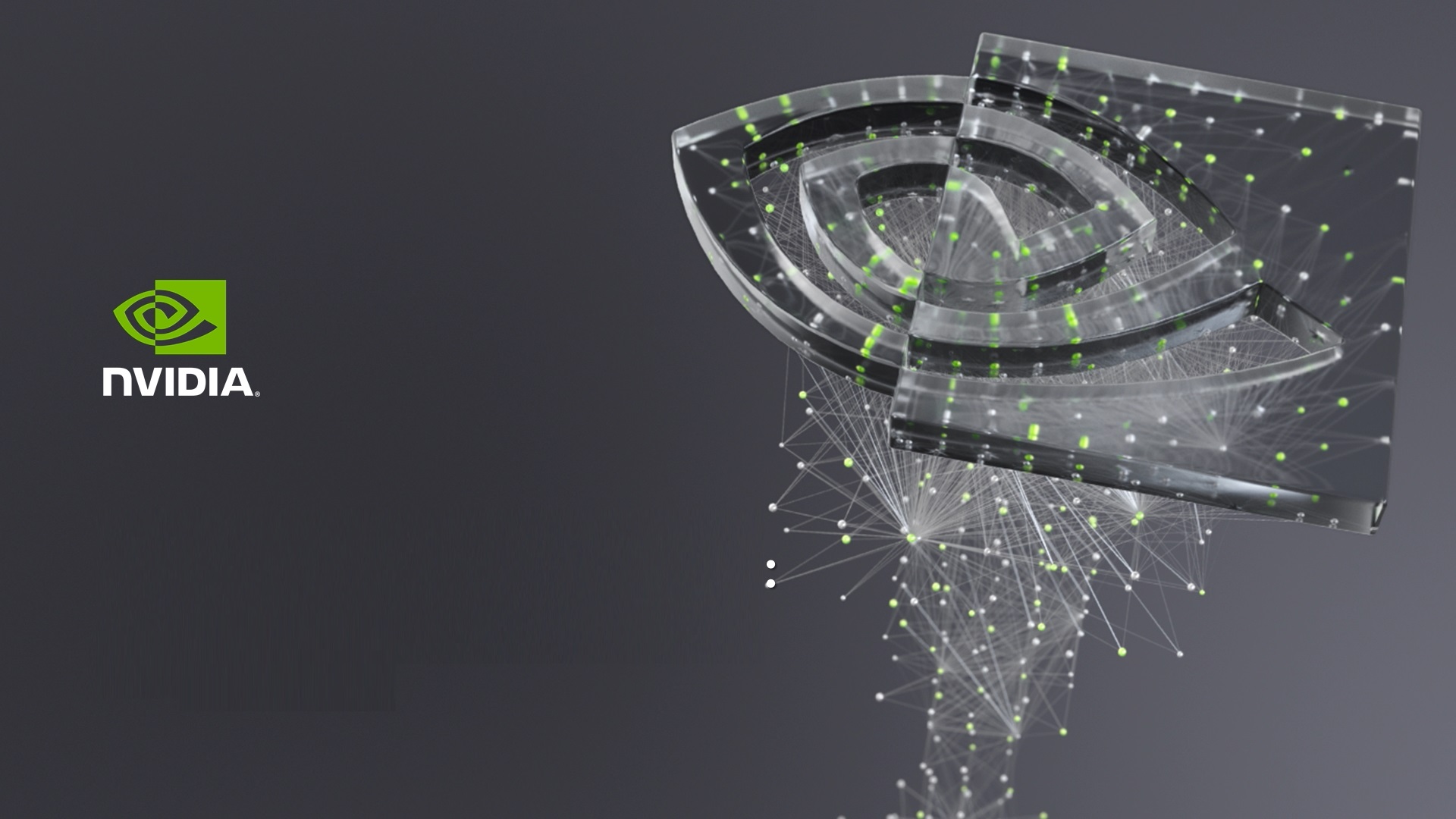After clicking “Watch Now” you will be prompted to login or join.
Deep Learning in Health Care: from Voicebots to Disease Prediction
Julie Zhu, United Health Group, Optum Technology | Dima Rekesh, Optum Tech, United Health Group
GTC 2020
We will focus on a few use cases where deep learning and NVIDIA GPUs help transform health care operations, automate prior authorization processes to reduce operational costs, suggest the next-best action to patients in order to help them manage their chronic conditions, and control call center volumes while increasing customer NPS scores. United Health Group receives over 30 million provider calls each year, out of which over 7 million result in call transfers. We've used a combination of deep learning models to identify the predictors of future calls and the providers likely to make them, enabling us to proactively reach out to them to prevent the incoming calls. If an incoming call is, however, detected, we use NVIDIA's Nemo ASR / NLP framework to analyze the purpose of the call in real time and optimally route it to the appropriate agent. We'll also discuss our early successes in applying NVIDIA's OpenSeq2Seq and Nemo frameworks to create voicebots — systems that users can interact with using voice. The quality of audio (smartphone versus phone line), domain (general versus clinical), speaker accents, and so on matter. We'll include an end-to-end overview of the tooling that we created for incremental data collection and model fine tuning on that data, along with metrics of quality and performance benchmarks. Finally, we'll cover our deep learning work on Next Best Action, where we use patients' history to predict the poly-chronic medical conditions and identify high-risk individuals. We then recommend the preventative next-best action, such as an ER visit or a hospitalization.
